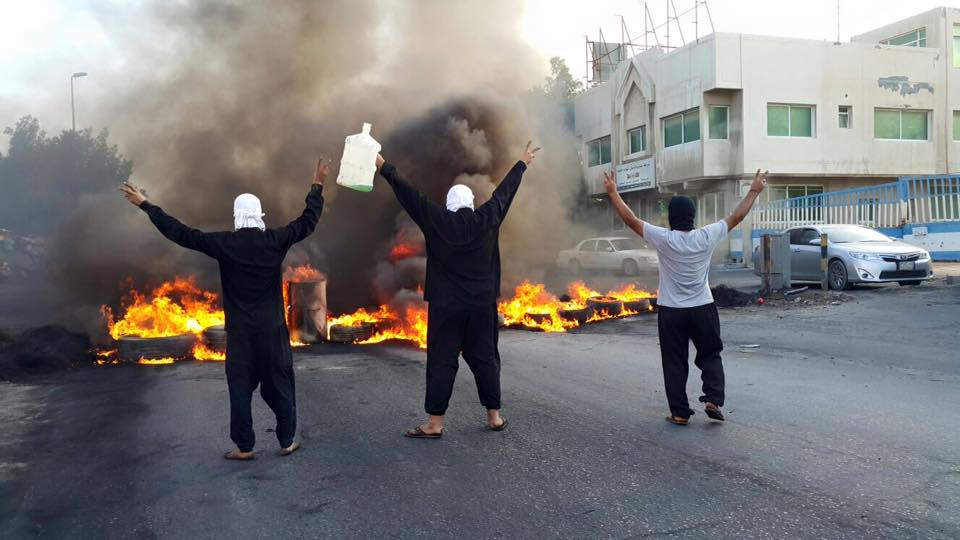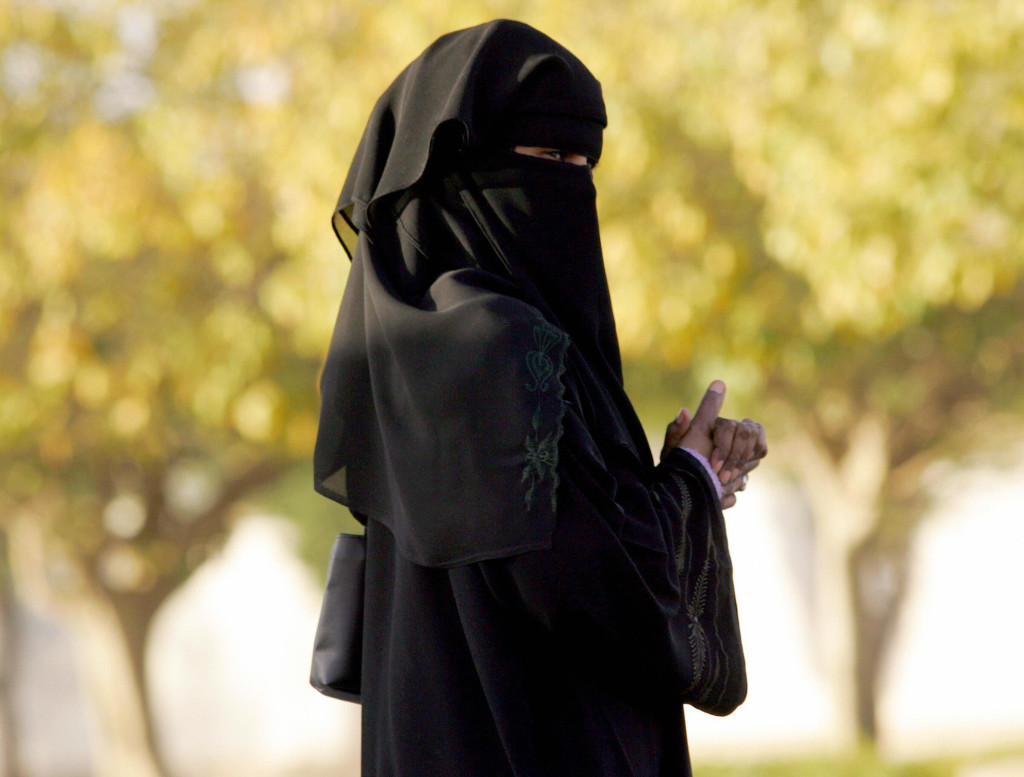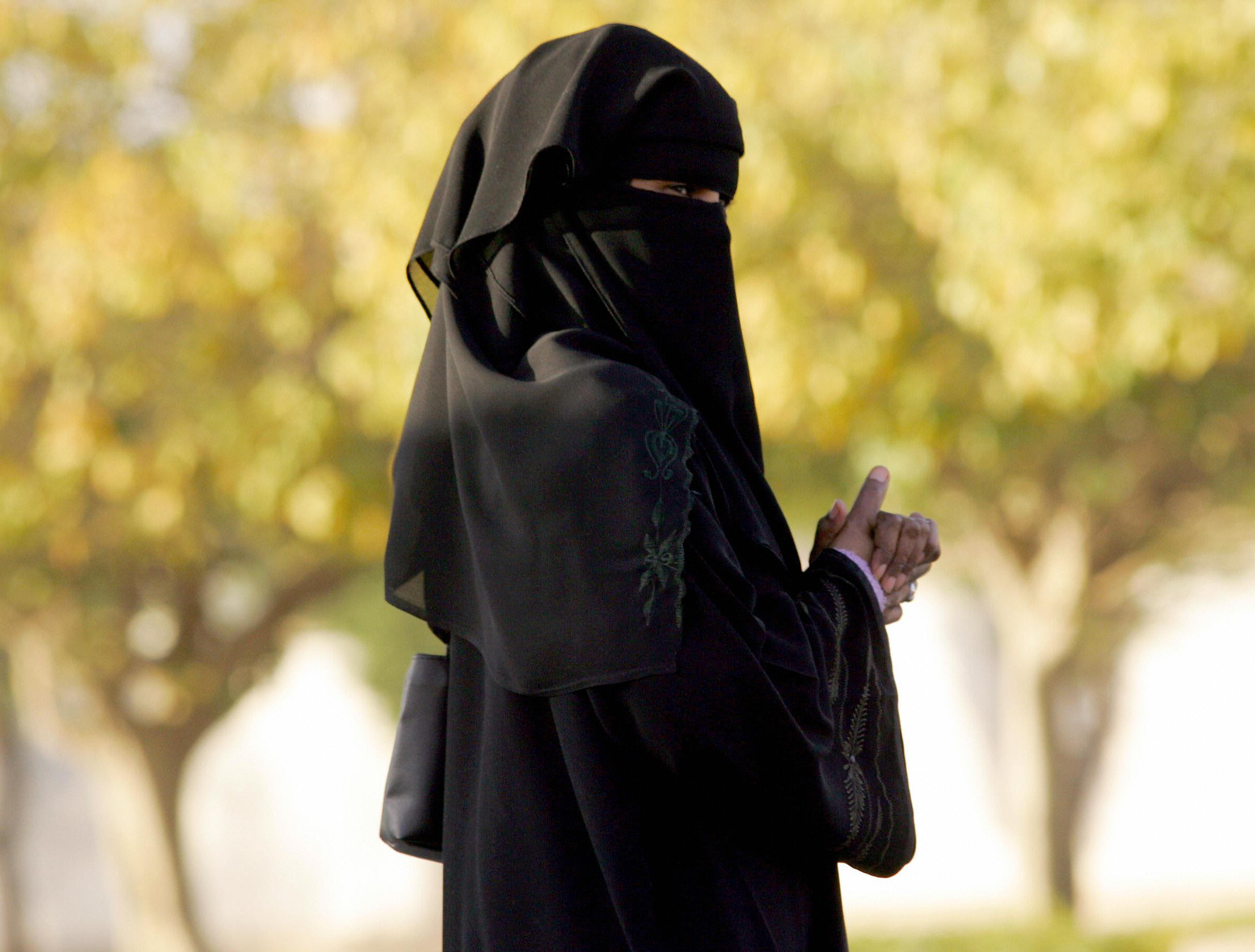5 Ways Ordinary People Are Challenging the Saudi Government

March 28, 2016
Share
When Salman bin Abdulaziz Al Saud became Saudi Arabia’s king in January 2015, there were calls for him to implement economic and social reforms in the kingdom — long considered a key ally of the United States in the Middle East — and improve its human rights record.
More than one year later, those calls continue.
Faced with a resurgent Iran, economic distress from falling oil prices, pressure from religious conservatives, and wars in Yemen and Syria, King Salman’s government has made some reforms — but it also ordered Saudi Arabia’s largest mass execution in nearly three decades.
Now, some ordinary people inside the country are fighting back.
As FRONTLINE’s March 29 documentary, Saudi Arabia Uncovered, reveals firsthand, a new generation of men and women inside the country are risking everything to challenge the status quo and try to bring about change. Here’s how.
They’re secretly filming parts of Saudi Arabia the government doesn’t want you to see.
Members of the Saudi royal family are among the wealthiest people in the world, and the Saudi Arabia the world often sees is a country of wealth and luxury shopping malls. The government has spent billions on social welfare, yet it’s estimated that up to a quarter of Saudi Arabia’s population still lives in poverty. Even though filming in the slums could land them in prison, a network of activists is documenting what life is like there. This undercover footage obtained by FRONTLINE was taken in a slum on the outskirts of Mecca, Islam’s holiest city.
Women are driving.
King Salman has enacted changes enabling women to vote and stand in local elections. Yet under a strict, state-sponsored interpretation of Islamic tradition, women are still banned from taking the wheel. In late 2014, a woman named Loujain Hathloul took matters into her own hands — filming herself trying to drive into Saudi Arabia from the neighboring United Arab Emirates. Moments after her filming ended, Hathloul was arrested. As Saudi Arabia Uncovered recounts, she’s gone on to become one of Saudi Arabia’s most prominent women’s rights activists.
They’re fighting back against public violence.
One particularly disturbing scene from Saudi Arabia Uncovered shows a woman who had been convicted of killing and sexually assaulting her stepdaughter being publicly beheaded on a city street, while screaming, “I didn’t do it.” Others show women being knocked to the ground by men in public places. Activists are secretly filming public violence like this, and sometimes, the footage shows how ordinary Saudis are reacting — including some women fighting back. In the below scene, after being whipped in public, several women turn on their attackers.
They’re blogging.
In 2012, a secular activist named Raif Badawi took to his website to publicly criticize the close relationship between Saudi Arabia’s rulers and the country’s conservative clerics, who are supported by much of the population. He was sentenced to 10 years in prison and 1,000 lashes for insulting Islam. He has spent much of his sentence in one of Saudi Arabia’s most notorious prisons. As Saudi Arabia Uncovered reports, his family — now living in exile — hasn’t stopped fighting for his freedom.
They’re protesting.
It was a bloody way to ring in the new year: In January of 2016, the Saudi government oversaw the mass execution of 47 people on terror charges. It was the nation’s largest mass execution in nearly 30 years. Many of those executed were convicted Al Qaeda terrorists, but one of them was the controversial Shia cleric Sheikh Nimr al-Nimr — widely seen as the spiritual leader of Saudi Arabia’s 2011 Shia uprising. Footage from Saudi Arabia Uncovered shows how the Sheikh’s execution sparked the first major protests in the East of Saudi Arabia since the Arab Spring.
To learn more about Saudi Arabia today, and to the meet citizens there who are challenging the government, watch FRONTLINE’s Saudi Arabia Uncovered on Tues., March 29 starting at 10 p.m. EST/9 p.m. CST on PBS stations (check your local listings) and online at pbs.org/frontline.

Related Documentaries
Latest Documentaries
Related Stories
Related Stories
Explore
Policies
Teacher Center
Funding for FRONTLINE is provided through the support of PBS viewers and by the Corporation for Public Broadcasting, with major support from Ford Foundation. Additional funding is provided the Abrams Foundation, Park Foundation, John D. and Catherine T. MacArthur Foundation, Heising-Simons Foundation, and the FRONTLINE Trust, with major support from Jon and Jo Ann Hagler on behalf of the Jon L. Hagler Foundation, and additional support from Koo and Patricia Yuen. FRONTLINE is a registered trademark of WGBH Educational Foundation. Web Site Copyright ©1995-2025 WGBH Educational Foundation. PBS is a 501(c)(3) not-for-profit organization.






























